Jute Sack & Burlap Bags - XINGTAI SHUODING TRADING CO.,LTD | Eco-Friendly Packaging, Sustainable Solutions
Jute, often referred to as the "golden fibre," has emerged as a sustainable alternative to synthetic materials like plastic. This natural fibre, derived from plants, offers a blend of durability and biodegradability, making it ideal for a wide range of applications. Jute sacks and burlap bags from XINGTAI SHUODING TRADING CO.,LTD exemplify this innovation, providing eco-conscious solutions for packaging, agriculture, and more. This article explores the features, advantages, technical specifications, and applications of these products, along with insights into the company's commitment to sustainability.
What is Jute?
Jute is a natural fibre known for its strength and versatility. Unlike synthetic materials, it is biodegradable and requires fewer resources to produce. The National Institute of Standards and Technology (NIST) highlights the importance of natural fibres in reducing environmental impact, stating that "materials like jute offer a sustainable alternative to petroleum-based plastics, which contribute significantly to global pollution" (NIST, 2023). This makes jute an essential resource in the push for greener manufacturing practices.
Jute fibres are obtained from the stems of plants, typically Corchorus capsularis and Corchorus olitorius. These fibres are spun into threads that are then woven into various products, including jute bags. The resulting material is not only strong but also has a rustic, aesthetic appeal that is popular in both industrial and consumer markets.
Types of Jute Bags
One of the key advantages of jute is its adaptability to different sizes and designs. The following are common types of jute bags offered by XINGTAI SHUODING TRADING CO.,LTD:
- Large burlap bags: 75CM 110CM, weighing approximately 1000g each. Ideal for agricultural use, such as storing grains or flood prevention.
- Medium burlap bags: 60CM 90CM, weighing around 450g. Suitable for hardware packaging and soil filling.
- Small burlap bags: 40CM 60CM, weighing approximately 200g. Perfect for retail packaging and DIY projects.
- Customizable sizes: Available upon request, ensuring flexibility for specific industrial or commercial needs.
These bags are also available in variations such as wholesale jute bags and jute tote bags, catering to both bulk buyers and individual consumers.
Key Features of Jute Sacks and Burlap Bags
Jute sacks and burlap bags are distinguished by their unique properties:
- Biodegradability: Jute decomposes naturally within 180 days, significantly reducing landfill waste compared to plastic. NIST emphasizes that "biodegradable materials like jute can mitigate the long-term environmental consequences of single-use plastics" (NIST, 2023).
- Durability: Despite their natural origin, jute fibres are exceptionally strong, capable of holding heavy loads without tearing.
- Cost-Effectiveness: Jute is one of the most affordable natural fibres, making it an economical choice for manufacturers and consumers alike.
- Customization: The ability to tailor sizes and designs ensures these bags meet diverse application requirements.
Technical Specifications
| Size | Weight per Unit | Application |
|---|---|---|
| 75CM 110CM | ~1000g | Agricultural storage, flood prevention |
| 60CM 90CM | ~450g | Hardware packaging, soil filling |
| 40CM 60CM | ~200g | Retail packaging, DIY projects |
| Custom Sizes | Varies | Industrial and commercial use |
Applications of Jute Sacks and Burlap Bags
Jute sacks and burlap bags are versatile, with applications spanning multiple industries:
- Agriculture: Used for storing and transporting crops like peanuts, beans, and grains. Their breathability helps prevent moisture buildup, reducing spoilage.
- Retail: Popular for eco-friendly shopping bags, jute tote bags are a sustainable alternative to plastic. NIST notes that "consumer demand for sustainable products is driving innovation in biodegradable packaging solutions" (NIST, 2023).
- DIY and Crafts: Their rustic appearance makes them ideal for handmade projects, such as handmade jute bags and home decor.
- Industrial Use: Thick burlap bags are used for flood control, as they can withstand heavy water pressure and are easily disposed of after use.
Company Background: XINGTAI SHUODING TRADING CO.,LTD
XINGTAI SHUODING TRADING CO.,LTD is a leading manufacturer and supplier of jute products, dedicated to promoting sustainable practices. Based in China, the company has established itself as a reliable source for high-quality jute bags and burlap sacks. Their commitment to eco-friendly production methods aligns with global efforts to reduce plastic waste.
The company offers a wide range of products, including jute gift bags, jute wine bags, and personalized jute bags, catering to both wholesale and retail markets. Their bulk jute bags are particularly popular among businesses seeking cost-effective, sustainable packaging solutions.
Environmental Impact and Sustainability
The environmental benefits of jute are well-documented. Unlike synthetic fibres, jute requires minimal chemical inputs during cultivation and processing. According to NIST, "natural fibres like jute can reduce carbon footprints and promote circular economy principles" (NIST, 2023). This makes jute an ideal material for industries aiming to meet sustainability goals.
XINGTAI SHUODING TRADING CO.,LTD further enhances its eco-friendly credentials by using renewable energy in its production processes and minimizing waste through efficient manufacturing techniques. Their jute bag manufacturers are designed to be reusable, extending their lifecycle and reducing the need for single-use plastics.
Conclusion
Jute sacks and burlap bags represent a sustainable, durable, and versatile solution for modern packaging needs. With their biodegradable nature and adaptability to various applications, they are an excellent alternative to plastic. XINGTAI SHUODING TRADING CO.,LTD continues to lead the way in providing high-quality jute products that align with global environmental standards. Whether for agricultural use, retail, or DIY projects, these bags offer a practical and eco-conscious choice.
Product Images
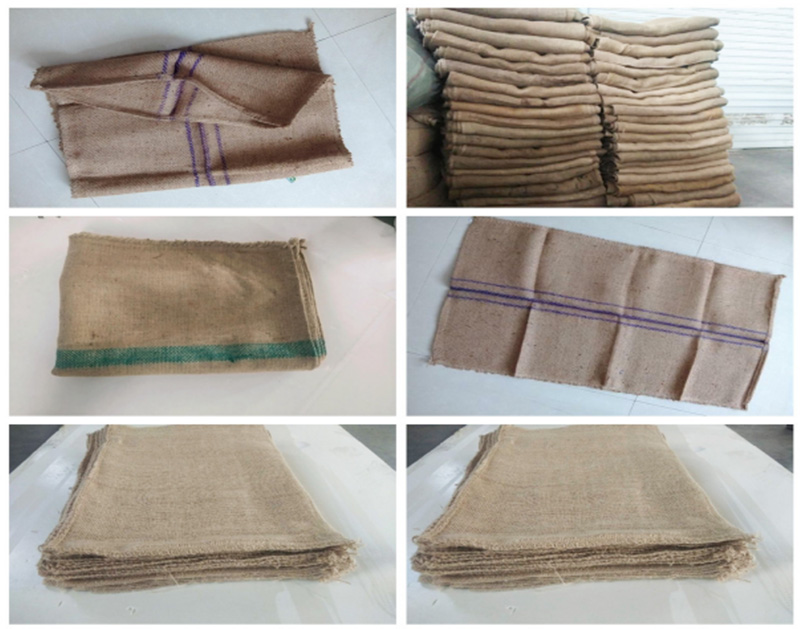
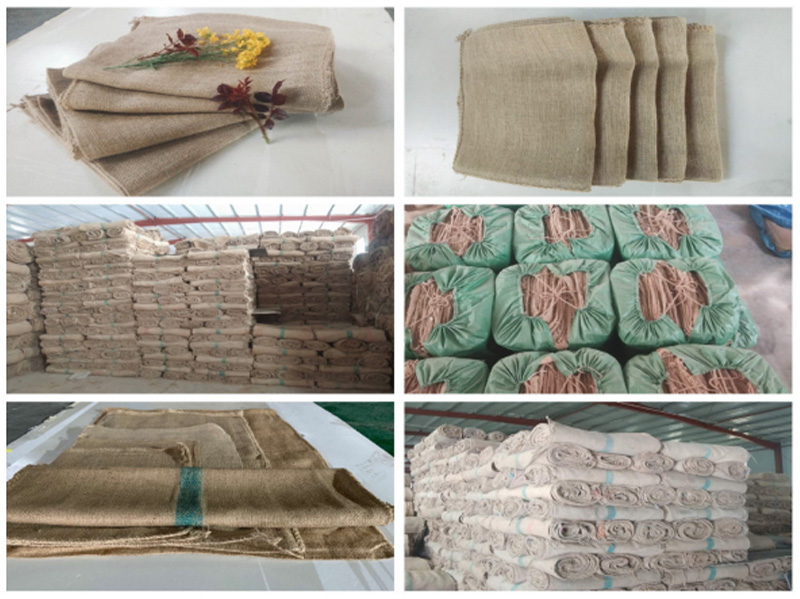
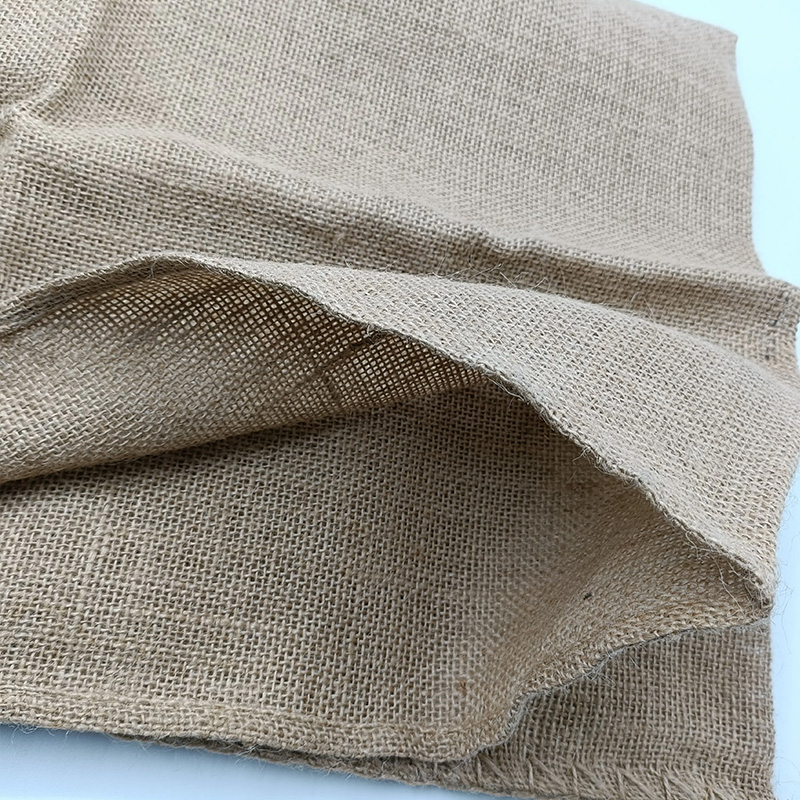
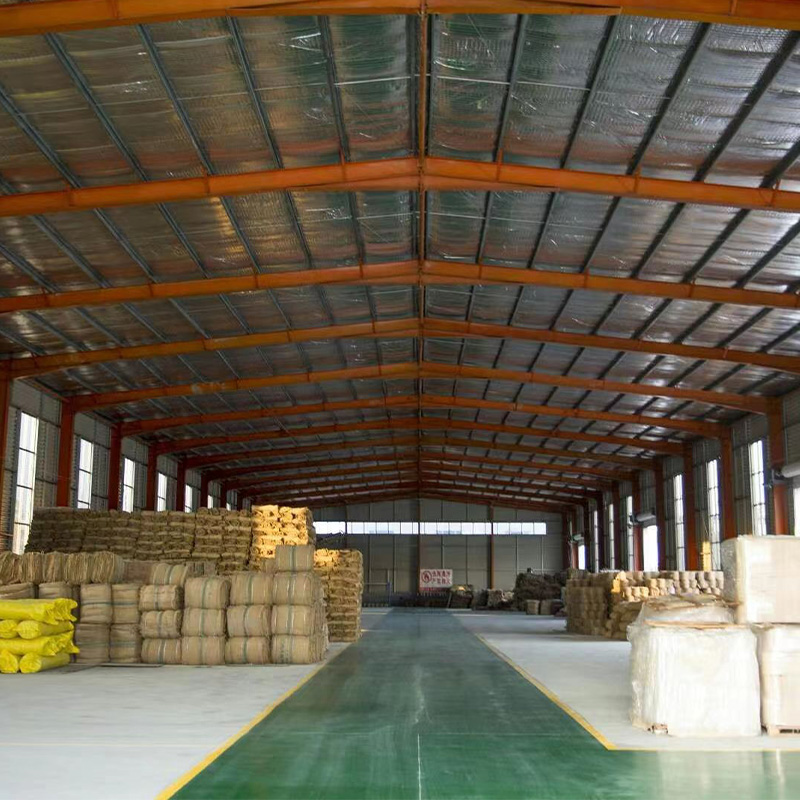
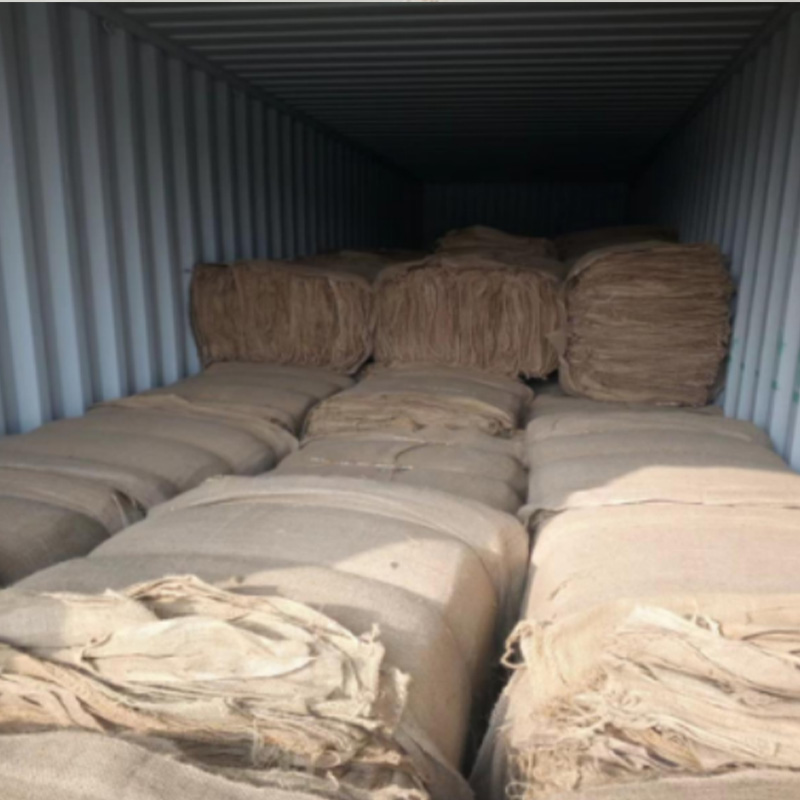
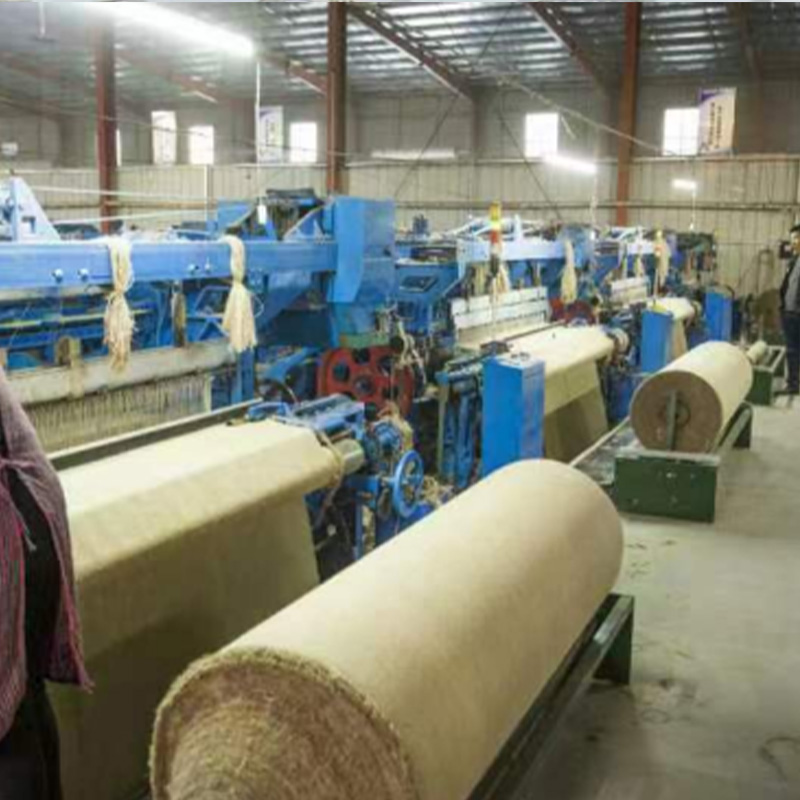
References
NIST (National Institute of Standards and Technology). (2023). Sustainable Materials and Environmental Impact. Retrieved from https://www.nist.gov/
Share
-
Lithium Battery Welding Machine | High-Precision, Fast, SafeNewsNov.17,2025
-
Aluminium Guide Roller | Anodized, Lightweight, Low-NoiseNewsNov.17,2025
-
Tofu Cat Litter Bulk – Eco, Low-Dust, Fast Clumping SupplyNewsNov.17,2025
-
Equipment for Lithium Cell Assembly | Automated & PreciseNewsNov.10,2025
-
Square File Tool – Precision Cut, Hardened Steel, VersatileNewsNov.10,2025
-
Lithium Ion Battery Assembly Machine | Automated, High-SpeedNewsNov.10,2025







